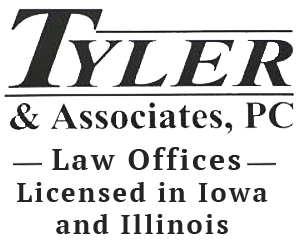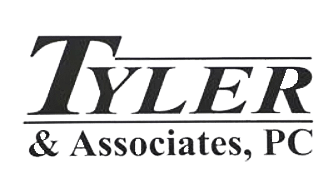We all know that contact with blood and other bodily fluids is par for the course for health care workers and first responders. However, if clean-up or first aid duties form a part of your employment in Iowa, you face similar risks of infections through bloodborne pathogens. Does your employer have an exposure control plan in place to protect you?
If there is even the slightest risk of contact with bloodborne pathogens in your workplace, you should make sure not to miss safety meetings that deal with this hazard. Learning more about the potential danger is an essential precaution against infection by Hepatitis B and C viruses, and Human Immunodeficiency Virus (HIV), which are the three most common risks of infection.
Types of transmission
In your workplace, transmission of pathogens can occur through abrasions, cuts, human bites, needle-sticks, and the mucous membranes in your eyes and nose. You should consider all bodily fluids and blood as potentially infectious. Exposure can occur in the following ways:
- Direct contact: When infected body fluid or blood enters your body directly through a cut or abrasion in your skin, or droplets splashing into your eye.
- Indirect contact: When you make contact with infected body fluid or blood via an object such as an accidental prick of a used needle or touching soiled gauze without gloves, and if you have broken skin that could be an entry point.
Safety guidelines
Along with always avoiding both direct and indirect contact with the bodily fluids and blood of others, the following precautions might keep you safe:
- Never provide first aid care without wearing gloves.
- Make use of any additional personal protective equipment provided by your employer, such as breathing barriers, gowns, shoe coverings and eye protection.
- Never touch your mouth, nose or eyes during or after exposure, until you have thoroughly washed your hands.
- Make sure to avoid punctures by sharps, which could include needles and any other sharp objects like broken glass, utility knives and razors. Dispose of them in containers designated for such items.
- Avoid touching the soiled parts of your gloves when you remove and dispose of them.
It is crucial to note that certain types of bloodborne pathogens can remain infectious for days. For this reason, thorough cleaning of exposed tools, equipment, PPE, floors and work surfaces is essential.
Steps to take after exposure
If you have any reason to suspect infection by bloodborne pathogens, wash the infected area thoroughly with water and soap. If necessary, rinse your nose and mouth, irrigate your eyes and seek immediate medical care. Report your injury to your employer, and obtain the required forms for a workers’ compensation benefits claim for coverage of medical expenses and lost wages.
Many injured workers find the claims process daunting, and they seek the support and guidance of an attorney who has experience in dealing with the Iowa workers’ compensation insurance program.

